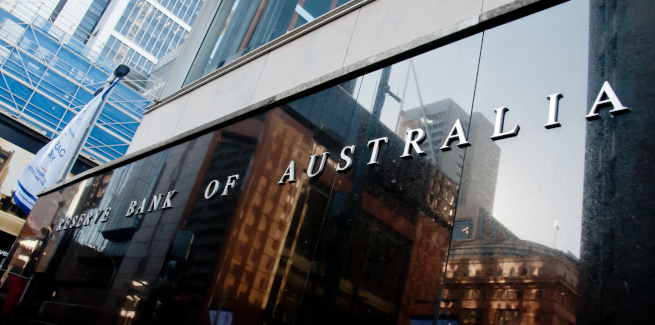The Reserve Bank of Australia (RBA) is unlikely to increase the cash rate in 2022, according to Dr Andrew Wilson, a consultant economist with Bluestone Home Loans.
This position held by Dr Wilson, who has previously dismissed claims of a 2022 rate hike, has followed the Australian Bureau of Statistics’ (ABS) latest Wage Price Index, which reported, over the December quarter, wages grew by 0.7 per cent, increasing the annual growth rate to 2.3 per cent.
By comparison, the September quarter saw wage growth of 0.6 per cent and an annual growth rate of 2.2 per cent.
The December quarter has marked the highest annual growth rate in around two and a half years, since the three months to June 2019.
As noted by Dr Wilson, the RBA has “consistently stipulated that any action to raise official rates is dependent – as usual, on sustained annual wages growth above its 3 per cent target”, in line with its aim for inflation to sustainably stay within the 2 to 3 per cent range.
“The latest wages data and a likely surge in workers continues to indicate that reaching that benchmark will be next year – at the very earliest,” Dr Wilson explained.
“Wages growth has predictably increased over the December quarter as the national labour market recovered from the impact of severe mid-year covid restrictions.”
He added that despite this new high, a “sustained spike in wages remains problematic”.
“Unemployment rates are at near-record lows, however a surge in labour supply can be expected as the economy continues to normalise through a post-COVID recovery,” Dr Wilson reasoned.
While worker participation rates in NSW and Victoria remain well below last year’s peaks, Dr Wilson believes that “workers will quickly return to the labour market as restrictions ease and health outcomes improve”.
The reopening of Australia’s borders is also expected to contribute to the supply of labour and job competition.
In late January, the ABS reported that, during the December quarter, the Consumer Price Index increased by 1.3 per cent, bringing the growth rate in the 2021 year to 3.5 per cent.
Earlier this month, RBA governor Philip Lowe conceded to the House of Representatives standing committee on economics that it was “plausible” that the central bank would raise rates later this year, stipulating that such a decision was dependent on “the data, the evidence, the outcomes of inflation and the trajectory of inflation”.
“It is certainly plausible that interest rates go up this year, but we are going to see what the evidence tells us. It may be that participants in financial markets think the evidence is going to come in such a way that inflation will be higher, stronger and more persistent,” Mr Lowe said.
Prior to Mr Lowe’s comments, several banks had predicted that the RBA would lift rates by August or September due to increasing inflation, with some revising their forecast to be as early as June this year.
However, the RBA governor has consistently echoed the central bank’s axiom that it will not increase the cash rate until “inflation is sustainably within the 2 to 3 per cent range”.
“[The banks] may well be right; we don’t have a crystal ball,” Mr Lowe told the House of Representatives standing committee on economics,” Mr Lowe said.
“They may be right, but our judgement, for better or worse at the moment, is that the evidence of higher inflation is only going to emerge slowly over time.”
But while there is debate over when the cash rate will increase, another conversation orbits who will feel its brunt the most.
Speaking to journalists earlier this week, Mark Hand, the ANZ group executive for retail and commercial, Australia, highlighted his concerns over how the bank’s customers will handle the next two years, particularly as ANZ is one of two big four banks that has higher rates of DTI (debt-to-income) in its lending.
“We’ve got customers now who for the last eight years have only known interest rates to go down. They’ve never received a letter saying your interest rate is going up,” he said.
“And there are people that have had mortgages for less than eight years of their life and whilst they know that the rate could change, they’ve not experienced it.”
Mr Hand also noted that the big four bank is not seeing “significant strain” in either its commercial or home loan books, noting that it’s “scarily clean”.
“And we do wonder how many people are out there under pressure that have been propped up by government support, that we’ve just not seen flow through the system yet,” Mr Hand said.
“But, it has to come. It’s as sure as any cycle we’ve ever been in.”
[Related: Home owners are ready for rate hikes: ANZ]
 ;
;